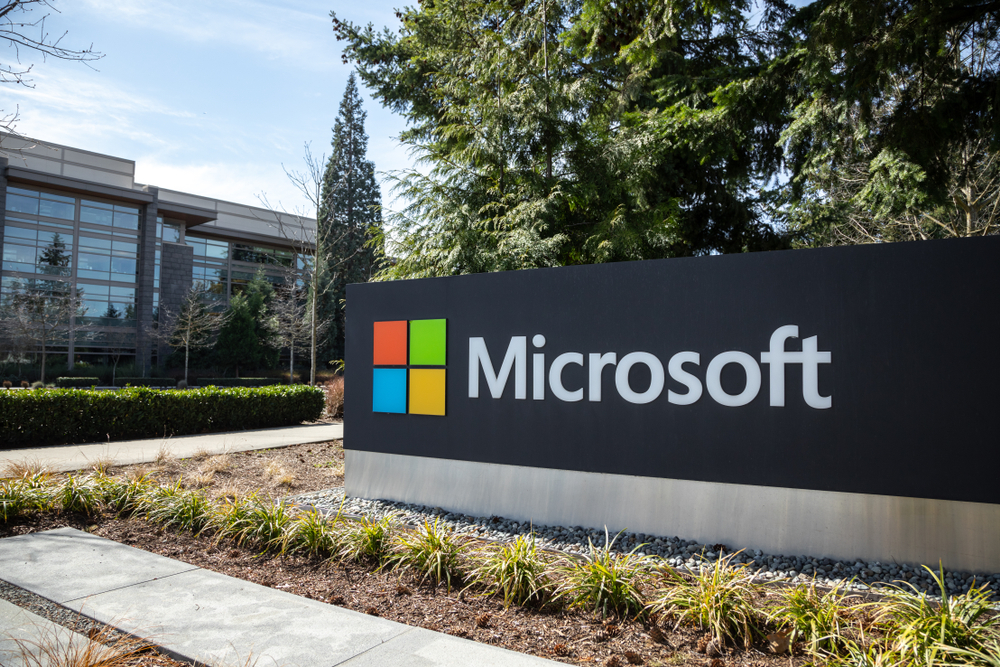I found myself flipping between streaming services last night, trying to pinpoint a movie I was sure would be available across something I was subscribed to. The realization hit me the moment I swiped over to the fifth streaming app. Wasn’t the point of these streaming services to avoid the mess, clutter and complexity of cable TV? We’re exactly back to square one!
When I started as an ERP consultant twenty plus years ago, the industry was focused on selling highly customized ERP systems. Customers were empowered to take standard business processes and add any functionality they wanted on top. This led to a massive amount of custom code and many of the issues we’re seeing with on-premises ERPs today, like complex and costly system upgrades and an inflexibility for new software innovations.
Cloud computing has changed that. Cloud ERP provides as-a-service standard business processes that can be upgraded regularly, quickly and simply.
As the pace of innovation continues to accelerate, companies are finding a modular cloud ERP, with integrated business models and real-time business data, enables the ability to keep systems up-to-date. The latest innovations, like AI and process automation, can be used much quicker, helping them differentiate from the competition while also giving them an edge compared to the rest of the industry.
However, for companies interested in making the move to cloud ERP, it isn’t enough to just take an existing on-premises system and move it to the cloud. It doesn’t solve the problem of custom code, making it difficult and costly to stay on the latest software version while also using the newest technologies and tools.
The answer lies in pairing your cloud transition with an ERP clean core strategy.
What is a clean core, and why should you want one?
An ERP is the core of your business. It brings people, systems and processes together so you can run your business efficiently and effectively. But when your ERP system is cluttered and complex, it’s not very adaptable to change.
That’s a problem these days, because the needs of a business are shifting more frequently than ever before. Whether it’s fragile supply chains, economic uncertainty, political and financial disruption, tight talent pools, or skyrocketing energy costs-businesses can’t afford to have inflexible core processes preventing them from quickly shifting resources where they’re needed most.
Businesses today are also presented with more opportunities to leverage cutting-edge technology, with generative AI as the most recent example. In a matter of months, generative AI has become a business reality and companies who are sitting on ERP systems that require multi-year upgrade cycles are simply missing an opportunity to get out in front and capitalize on their advantage.
A clean core is an ERP system with processes that are as close to standard as possible, while running cloud-compliant extensions and customizations. Having a clean core allows you to adapt your system to ever-changing business requirements and to adopt new capabilities.
The move from highly customized, to industry-standard
The difficulty many companies face with on-premises ERP systems is making the transition from highly customized, back to standard business processes. Once you’ve committed to a clean core strategy, how do you execute it?
Fortunately, there are plenty of tools available to support you, starting with tools for business process management. Some products offer a suite of solutions for understanding the current state of your business processes. These can include mapping against standard, best-practice business processes for your industry, setting and implementing changes to get back to standard and providing a method to monitor all future processes.
But standardization has its limits. The reality is while most companies can run standard business processes for the majority of what they need, every company has things that make it unique and differentiated. This is the 80/20 rule of thumb with ERP: run 80 percent of your business using the industry standard and focus on innovating around the 20 percent that differentiates you.
A platform with low-code, no-code tools can assist here, providing a way for companies to build on top of standard processes in a cloud or upgrade-compliant way. This allows companies to get the non-standard functionality they need, without inhibiting the cycle of upgrades and delivery of new innovation. A cloud ERP solution implemented with a clean core strategy is the only way to harness the innovation and agility needed to stay ahead in an ever-changing world.As your business grows and evolves, your ERP needs to be modern and resilient, and should enable you to keep up with the speed of business, not inhibit you.




